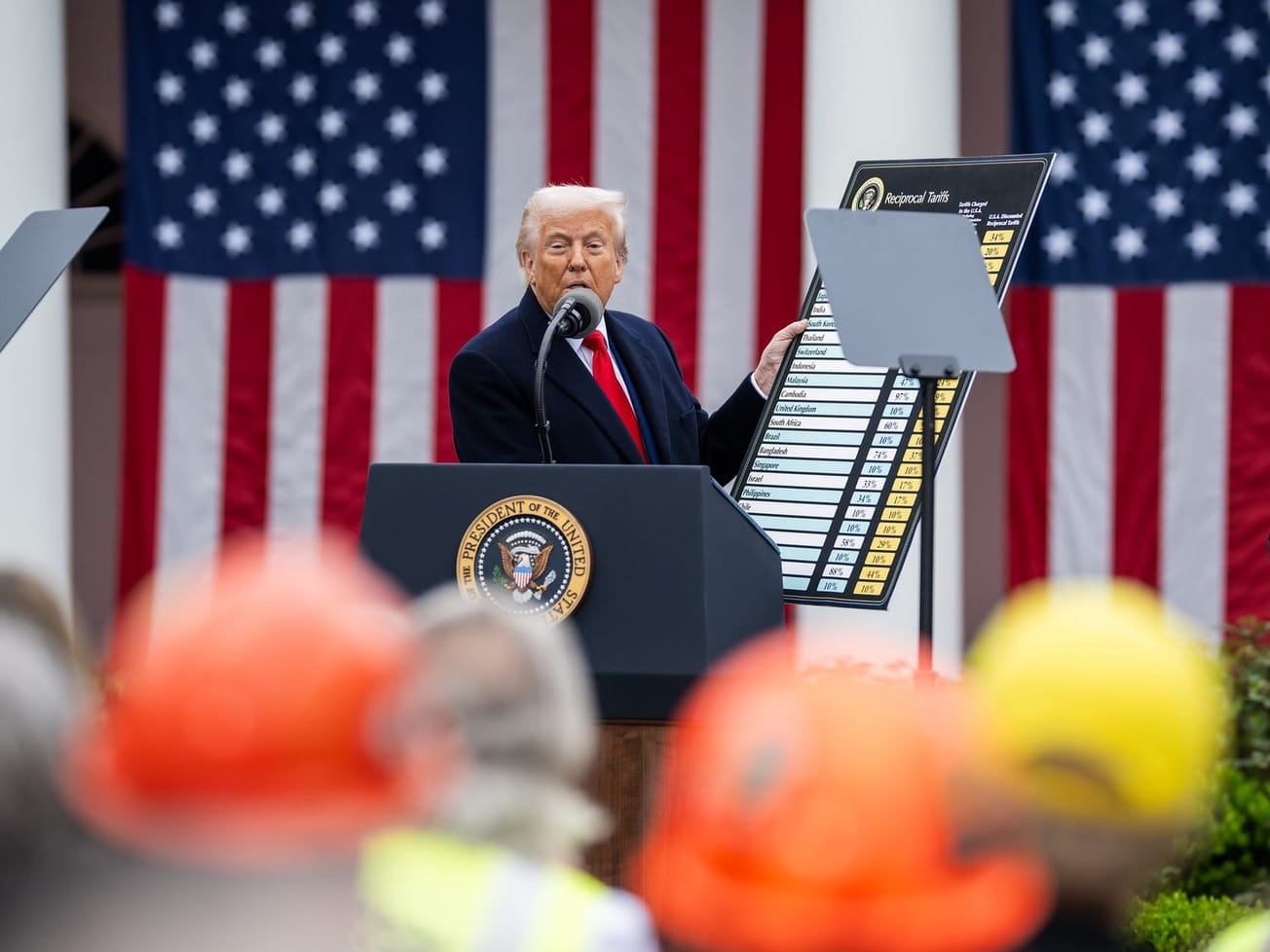GENEVA (AN) — Negotiators at the 164-nation World Trade Organization's first ministerial conference in four and a half years overcame bitter divisions deep into overtime to reach consensus on a package of six agreements that curb some fishing subsidies, permit generic versions of COVID-19 vaccines, tackle food shortages and maintain a ban on cross-border data tariffs.
After marathon talks that went on for a day and a half longer than planned and included two sleepless nights, the conference of more than 100 trade ministers struck a package of six multilateral trade deals early Friday morning that address some of the planet's most pressing emergencies — and help revive WTO's relevance as a global institution.









